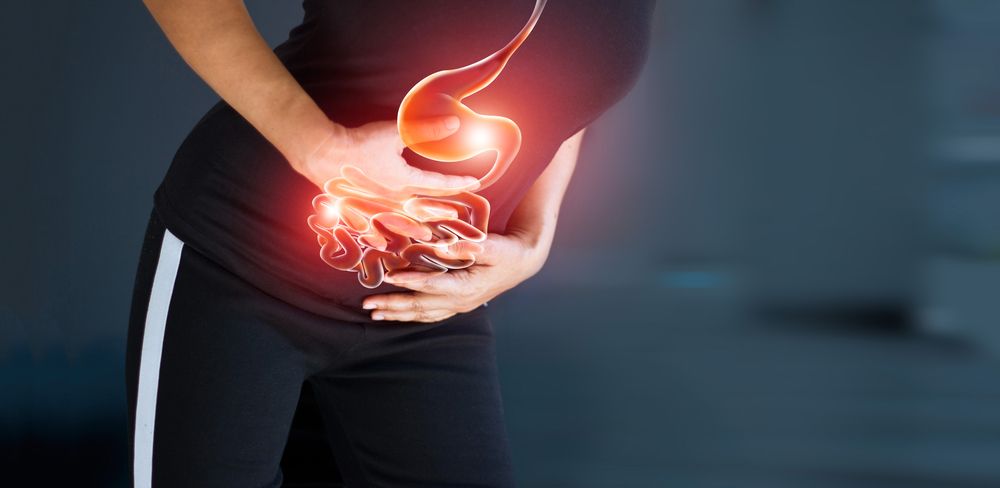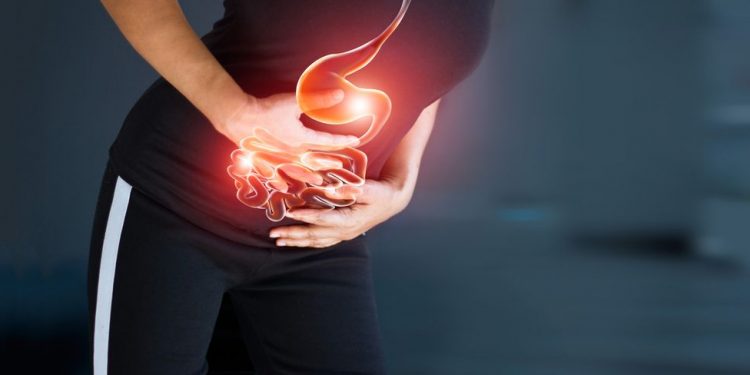If a tumour has not spread, surgery can sometimes be used to remove part or all of the stomach. This will improve your chances of a cure. You might need other treatments, such as chemotherapy or radiotherapy, before or after the operation. They will depend on the size and location of your tumour and how far it has spread.
If the cancer is in the inner lining of the stomach, doctors can often cut it away from the surrounding tissue, but this is only possible if the tumour is very small. This is called a endoscopic mucosal resection. If the tumour is more advanced, surgery may be needed to remove the whole stomach. This is known as a gastrectomy. You will be able to eat normally after a gastrectomy, but you might need to adjust the size of your meals. You will also need to take painkillers regularly after your operation.
Surgery might also be an option if your cancer has spread to other parts of the body. Your doctor will discuss your options with you.
You might have a test called a computed tomography scan (CT) before you have treatment. This is a type of x-ray that shows your stomach and other organs in detail. Your doctor will also use a special scanner that takes pictures of your blood vessels and lining of your digestive tract. These tests help your doctor see if your cancer has spread beyond the walls of your stomach.
A scan called positron emission tomography (PET) might be useful, too. It uses a small amount of a radioactive drug to detect and measure the amount of oxygen in your blood and tissues. Your doctor will be able to see how your cancer is affecting other organs, such as your liver or pancreas.

Other tests might be needed, too. Your doctor will check your general health and might refer you to a specialist who knows about problems with the digestive system, called a gastroenterologist.
Chemotherapy is a treatment that kills or slows the growth of cancer cells. It can be given before or after surgery to shrink the tumor and prevent it from returning. It can also be used to treat cancer that has spread to other areas of the body, such as the lungs and liver.
Radiation therapy is the use of high-energy x-rays or particles to destroy cancer cells. Your doctor might give you radiation therapy before surgery to shrink the tumour, or after surgery to destroy any remaining cancer cells.
Your doctor will give you painkillers to take at home, either tablets or a pump that gives you a continuous supply of medication. If you have severe pain or discomfort after your operation, your doctor may use a special painkiller that goes into your back. It is usually injected under a local anaesthetic, and you won’t feel it as it enters your body. They can help you with any emotional and practical support you might need after your diagnosis or surgery.









